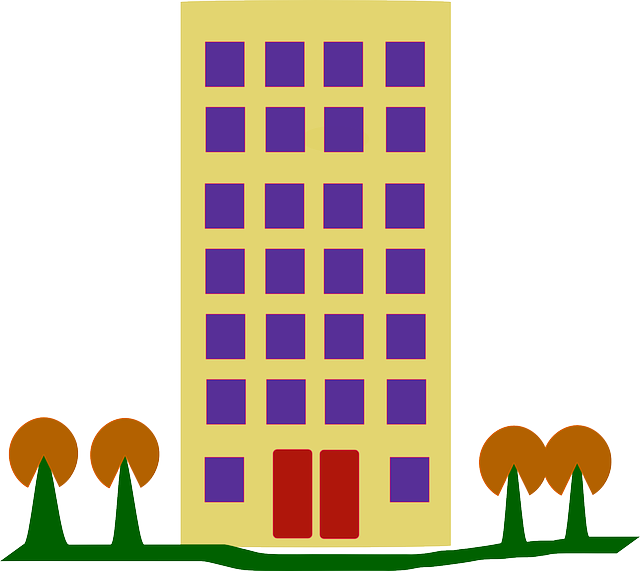2023 was a landmark year for Singapore's environmental efforts, solidifying its role as a vanguard in global ecological initiatives and sustainable development. The nation advanced its commitment to sustainability through ambitious projects like the Green Mark Infrastructure scheme by the Building and Construction Authority (BCA), which aims to cut water usage by 20% and waste production by 35% by 2030. A significant stride was made towards renewable energy, particularly solar power, with plans to double solar capacity by 2025 to reduce carbon emissions. Singapore's biodiversity conservation, evident in habitat restoration efforts such as mangrove and coastal area preservation, is a key part of its climate change resilience strategy. The country's green innovations extend to urban spaces with the Green City Solutions program, which blends nature into cityscapes for ecological balance and human well-being. These initiatives are integral components of Singapore's 'Singapore Green Plan 2030', reflecting its dedication to sustainable urban development and making it a beacon for eco-innovation worldwide. The city-state's network of green corridors and park connectors, monitored by smart technologies for environmental health and resource conservation, further cements its status as a model for sustainable living in densely populated areas.
Singapore, a global financial hub, is steadfastly advancing its commitment to environmental conservation (EC), showcasing a blend of innovation and sustainability. This article delves into the top EC developments shaping Singapore’s future, highlighting initiatives that underscore the nation’s dedication to green practices and sustainable living. From the rise of eco-friendly urban spaces to the adoption of cutting-edge technologies in sustainable development, Singapore’s Environmental Consciousness is evident across various sectors. The article explores key legislative frameworks, such as the National Environment Agency’s (NEA) role and the Sustainable Singapore Blueprint, which guide the nation’s EC strategies. It also examines the strides made in renewable energy, particularly solar power, and the significant steps taken to conserve biodiversity, manage water resources efficiently, and revolutionize waste management through circular economy models. The integration of green transport networks and urban farming initiatives, along with community-driven environmental stewardship, marks Singapore’s comprehensive approach towards EC. As a leader in embracing sustainable practices, Singapore continues to set the pace for global sustainability goals, ensuring a greener, more resilient future for all.
- Singapore's Environmental Consciousness: A Closer Look at Top EC Developments Shaping the Future
- – Emerging Eco-Friendly Initiatives in Urban Spaces
Singapore's Environmental Consciousness: A Closer Look at Top EC Developments Shaping the Future

2023 has seen Singapore continue its trajectory as a leader in environmental consciousness, with significant advancements in ecological conservation efforts. The nation’s commitment to sustainable development is evident in the multifaceted approach it adopts, from innovative waste management systems to the implementation of green building initiatives under the Building and Construction Authority’s (BCA) Green Mark Infrastructure programme. Notably, Singapore’s push towards renewable energy sources, such as solar power, has been a cornerstone in its ecological development, with the launch of large-scale solar projects that are set to double the country’s solar capacity by 2025. These initiatives underscore the nation’s dedication to reducing carbon emissions and fostering an eco-friendly environment, signaling a clear shift towards a greener future for its residents and businesses alike.
Furthermore, Singapore’s efforts in biodiversity conservation have gained international recognition. The nation has been actively working on the restoration of key natural habitats, including mangrove forests and coastal areas, which play a pivotal role in carbon sequestration and maintaining ecological balance. The introduction of the National Biodiversity Action Plan reflects a strategic approach to preserving the country’s biodiversity while enhancing its resilience against climate change. Additionally, Singapore’s initiatives in sustainable urban design, such as the Green City Solutions programme, aim to integrate nature into urban spaces, creating a harmonious living environment that promotes both ecological harmony and human well-being. These developments not only exemplify Singapore’s forward-thinking stance in environmental conservation but also set a benchmark for other nations striving to balance development with the imperative of ecological sustainability.
– Emerging Eco-Friendly Initiatives in Urban Spaces

Singapore, a city at the forefront of sustainable urban development, continues to pioneer eco-friendly initiatives within its bustling spaces. The nation’s commitment to environmental conservation is evident in the innovative projects it undertakes. For instance, the Green Mark Infrastructure Programme encourages the integration of green technologies into infrastructure projects, aiming to reduce water demand by 20% and waste generation by 35% by 2030. This initiative exemplifies Singapore’s dedication to creating sustainable urban environments, where buildings and public spaces are not only energy-efficient but also harmonize with the natural ecosystem.
Moreover, the city-state has launched a series of green corridors and park connectors that span across various neighborhoods, promoting biodiversity while providing residents with accessible, nature-rich pathways for leisure and commuting. These initiatives are complemented by the deployment of smart technologies, such as sensors and IoT devices, to monitor environmental conditions and optimize resource usage in real-time. The combination of green spaces, sustainable infrastructure, and advanced technology positions Singapore as a global leader in ecological urban innovation, demonstrating the city’s potential to set new benchmarks for sustainable living in dense urban settings.
Singapore’s commitment to environmental consciousness is evident through its top EC developments, which are setting a new standard for sustainable living. The initiatives highlighted in this article underscore the nation’s dedication to eco-friendly urban spaces and demonstrate how innovative designs can harmonize with nature without compromising on modernity. These advancements not only reflect Singapore’s EC growth but also its forward-thinking approach to a greener future. As the city-state continues to lead in ecological innovation, it serves as a model for other regions to follow in integrating sustainability into the very fabric of urban development.
